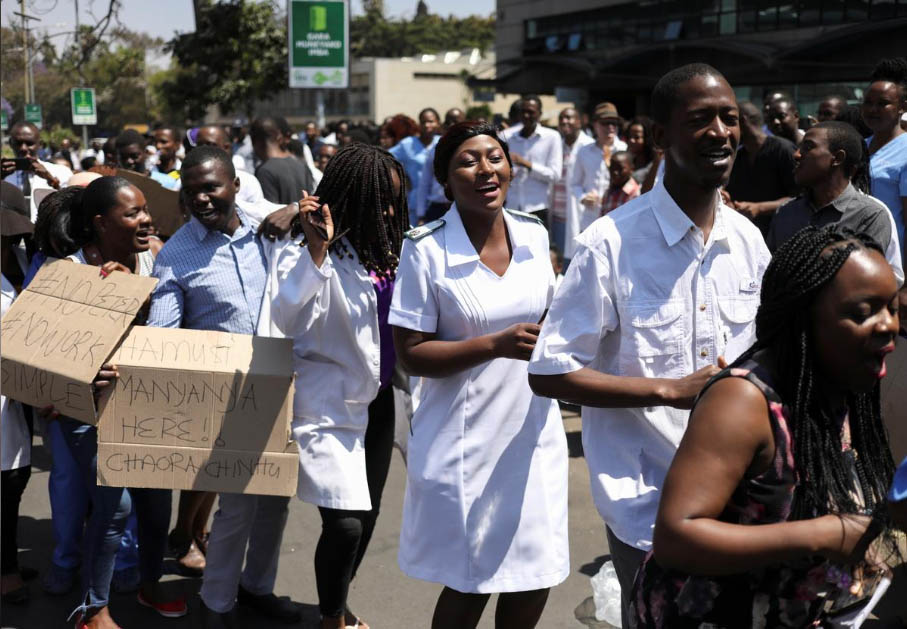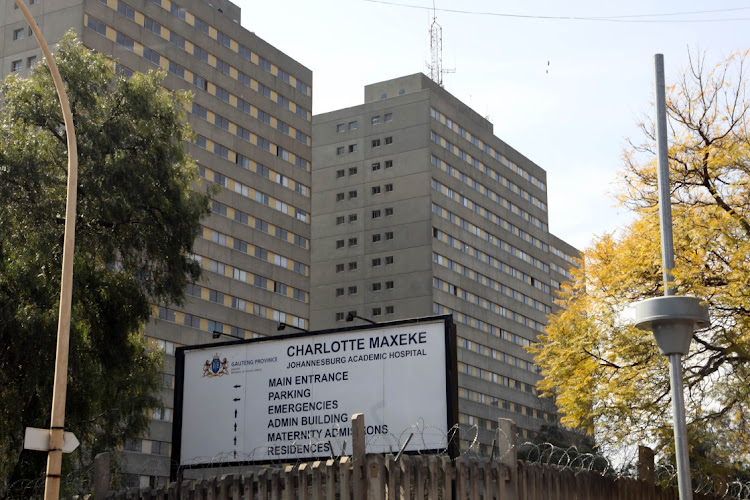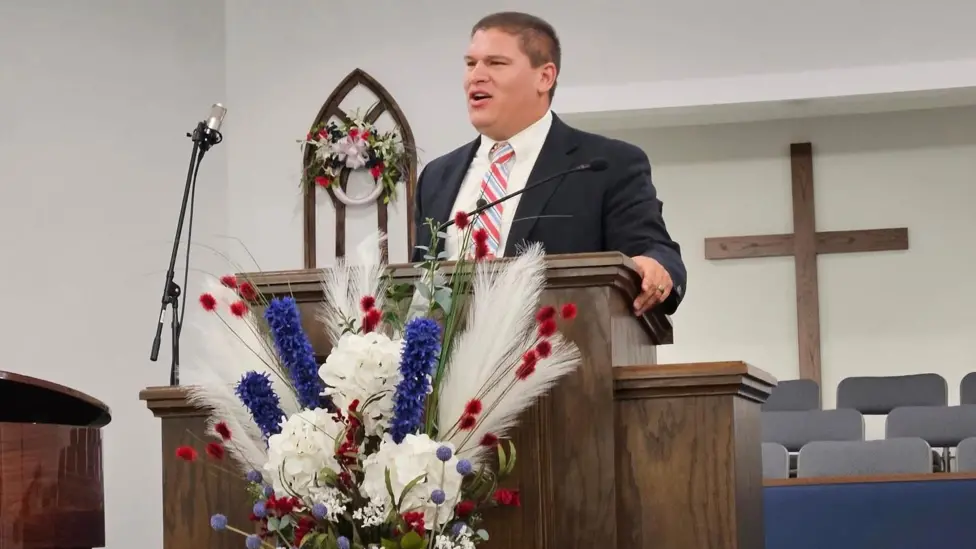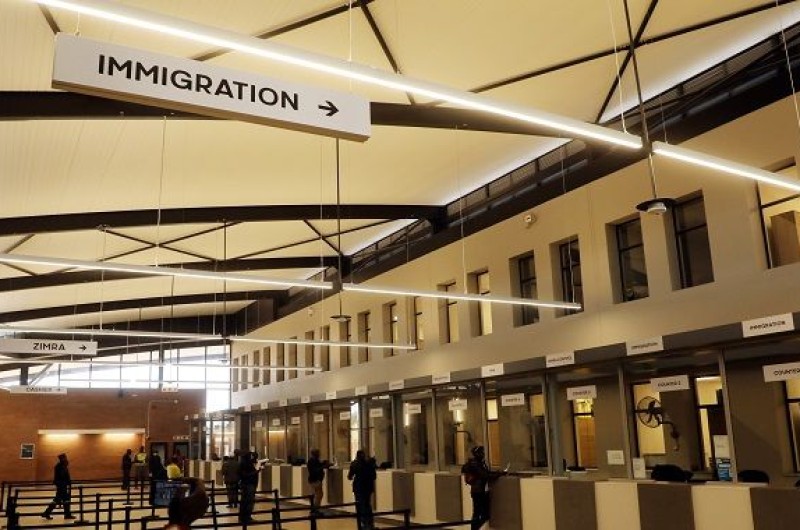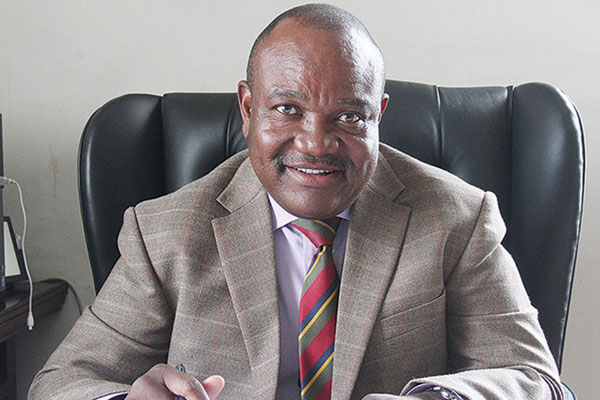HARARE – The United Nations’ Special Rapporteur on the right to peaceful assembly and association begins a 10-day visit to Zimbabwe on Tuesday to assess the country’s challenges in relation to the exercise of the rights to freedom of peaceful assembly and of association in the country.
Clément Nyaletsossi Voule’s visit comes as the Zimbabwe government is under the spotlight for clamping down on protests and strikes by labour unions.
Doctors held a candlelight vigil at Parirenyatwa Hospital on Monday night demanding the release of the leader of their union, Dr Peter Magombeyi, who was abducted by suspected state operatives from his home last Saturday.
Rights groups say since the start of the year, over 50 trade union leaders and opposition activists have been abducted in the middle of the night and tortured. Many usually turn up within 48 hours – tortured and released or taken to court accused of plotting to overthrow President Emmerson Mnangagwa’s regime.
The visit by Voule, a Togolese national, is the first by an independent human rights expert appointed by the Human Rights Council to Zimbabwe.
“My upcoming visit to Zimbabwe represents a key opportunity to learn first-hand about laws, policies and national realities in relation to the rights to peaceful assembly and of association in light to the 2013 Constitution and the change of leadership,” Voule said ahead of the trip.
“My mission will also serve to identify the opportunities and challenges the government faces in implementing articles 21 and 22 of the International Covenant on Civil and Political Rights, particularly in relation to the management of assemblies in the context of the recent protests.”
Voule will meet with government officials, opposition parties, representatives of the judiciary, legislature, independent institutions and civil society. He will also meet foreign diplomats including UN officials.
During his 10-day mission which runs until September 27, Voule will travel to Bulawayo, Mutare and Marange.
“I look forward to having a constructive engagement with the government, independent institutions and a wide-range of civil society actors to identify needs and practical approaches in order to formulate constructive recommendations that can contribute to the strengthening of the civic space in the country,” he said.
At the end of his mission, the Special Rapporteur will share his preliminary findings at a news conference on September 27 at the United Nations Information Centre in Harare.
The independent expert will present a comprehensive report of his visit, which will include his findings and recommendations, to the 44th session of the Human Rights Council in June 2020.

